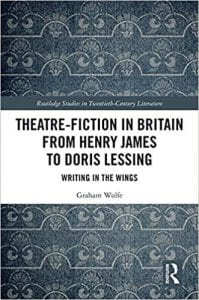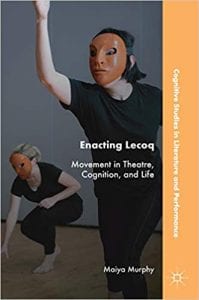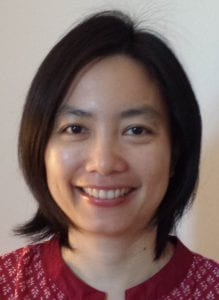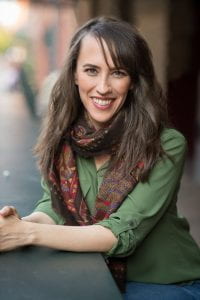BOOK LAUNCH – Diasporic Cold Warriors: Nationalist China, Anticommunism, and the Philippine Chinese, 1930s-1970s
Date: Tuesday, 20 September, 2022
Time: 6 pm – 8 pm
Venue: The Pod, Level 16, National Library Building, 100 Victoria Street, Singapore 188064
Registration: Eventbrite
Light refreshments will be provided.
Programme
| 6:00pm | Registration and Refreshments |
| 6:25pm |
Welcome Remarks by FASS Assistant Dean of Research, A/P Elmie Nekmat |
| 6:30pm | Opening Remarks by Chair, Dr. Wen-Qing Ngoei |
| 6:35pm | Presentation by Author, Dr. Chien-Wen Kung |
| 7:05pm | Q & A Session, Chaired by Dr. Wen-Qing Ngoei |
| 7:35pm | Refreshments and End of Event |
About the Author
Ch ien-Wen Kung is Assistant Professor in the NUS Department of History. Born and raised in Singapore, he was a History and English major at Dartmouth College and taught A-Level History in Singapore before pursuing his Ph.D in Modern Chinese and International and Global History at Columbia University. His research straddles the fields of Sinophone history, Chinese migration and diaspora, the Cold War, and modern China in the world. He was previously a Visiting Assistant Professor of East Asian History at the University of the Pacific from 2018 to 2019 and a Postdoctoral Fellow in the NUS Department of History from 2019 to 2021.
ien-Wen Kung is Assistant Professor in the NUS Department of History. Born and raised in Singapore, he was a History and English major at Dartmouth College and taught A-Level History in Singapore before pursuing his Ph.D in Modern Chinese and International and Global History at Columbia University. His research straddles the fields of Sinophone history, Chinese migration and diaspora, the Cold War, and modern China in the world. He was previously a Visiting Assistant Professor of East Asian History at the University of the Pacific from 2018 to 2019 and a Postdoctoral Fellow in the NUS Department of History from 2019 to 2021.
About the Chair
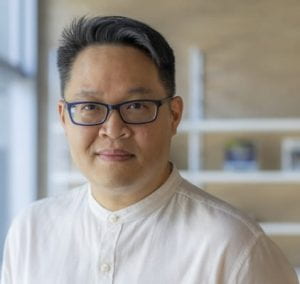 Wen-Qing Ngoei is Assistant Professor of History in the College of Integrative Studies at the Singapore Management University. He graduated with a Ph.D in History from Northwestern University, specializing in US foreign relations with Southeast Asia in the twentieth century. Before joining SMU, he completed postdoctoral stints at Northwestern and Yale University, and taught at Nanyang Technological University. His first book, Arc of Containment: Britain, the United States, and Anticommunism in Southeast Asia (Cornell University Press) traces how British neocolonial strategies intertwined with Southeast Asian anti-communist nationalism to usher the region from formal colonialism to US hegemony.
Wen-Qing Ngoei is Assistant Professor of History in the College of Integrative Studies at the Singapore Management University. He graduated with a Ph.D in History from Northwestern University, specializing in US foreign relations with Southeast Asia in the twentieth century. Before joining SMU, he completed postdoctoral stints at Northwestern and Yale University, and taught at Nanyang Technological University. His first book, Arc of Containment: Britain, the United States, and Anticommunism in Southeast Asia (Cornell University Press) traces how British neocolonial strategies intertwined with Southeast Asian anti-communist nationalism to usher the region from formal colonialism to US hegemony.
In Diasporic Cold Warriors 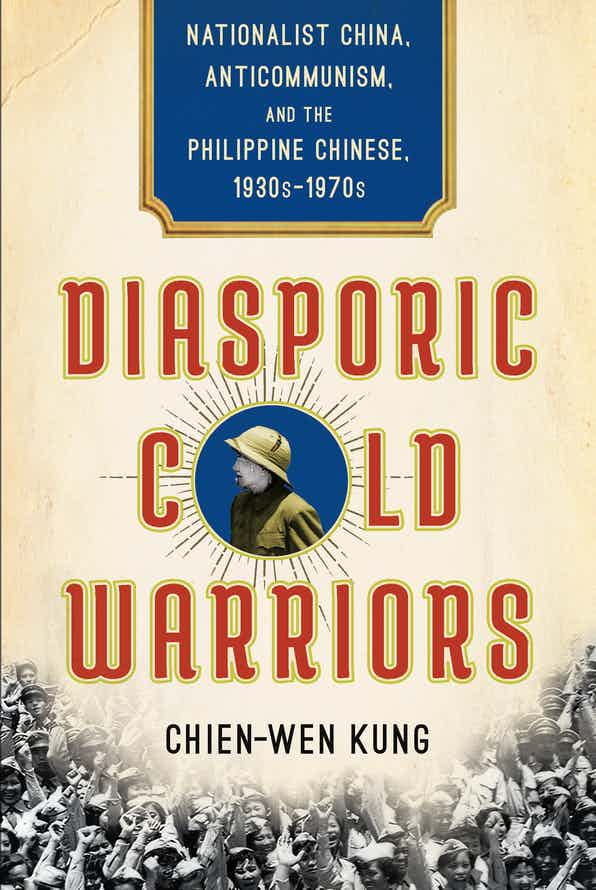 (Cornell University Press, 2022), Chien-Wen Kung explains how the Chinese Nationalist Party (Kuomintang) sowed the seeds of anticommunism among the Philippine Chinese with the active participation of the Philippine state.
(Cornell University Press, 2022), Chien-Wen Kung explains how the Chinese Nationalist Party (Kuomintang) sowed the seeds of anticommunism among the Philippine Chinese with the active participation of the Philippine state.
From the 1950s to the 1970s, Philippine Chinese were Southeast Asia’s most exemplary Cold Warriors among overseas Chinese. During these decades, no Chinese community in the region was more vigilant in identifying and rooting out suspected communists from within its midst; none was as committed to mobilizing against the People’s Republic of China as the one in the former US colony. Ironically, for all the fears of overseas Chinese communities’ ties to the PRC at the time, the example of the Philippines shows that the “China” that intervened the most extensively in any Southeast Asian Chinese society during the Cold War was the Republic of China on Taiwan.
For the first time, Kung tells the story of the Philippine Chinese as pro-Taiwan, anticommunist partisans, tracing their evolving relationship with the KMT and successive Philippine governments over the mid-twentieth century. Throughout, he argues for a networked and transnational understanding of the ROC-KMT party-state and demonstrates that Taipei exercised a form of nonterritorial sovereignty over the Philippine Chinese with Manila’s participation and consent. Challenging depoliticized narratives of cultural integration, he also contends that, because of the KMT, Chinese identity formation and practices of belonging in the Philippines were deeply infused with Cold War ideology.
Drawing on archival research and fieldwork in Taiwan, the Philippines, the United States, and China, Diasporic Cold Warriors reimagines the histories of the ROC, the KMT, and the Philippine Chinese, connecting them to the broader canvas of the Cold War and postcolonial nation-building in East and Southeast Asia.
Diasporic Cold Warriors is available for purchase here.
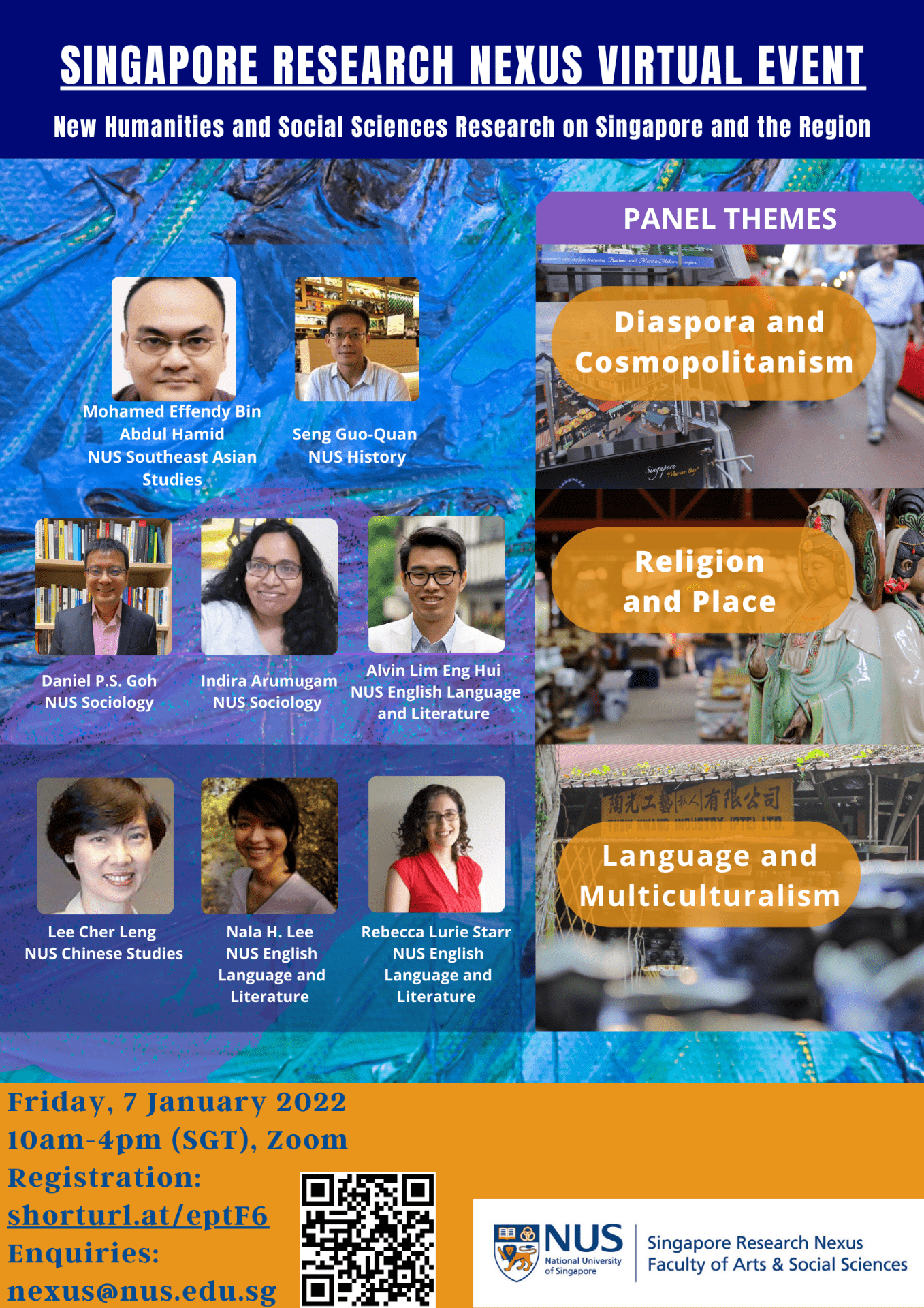
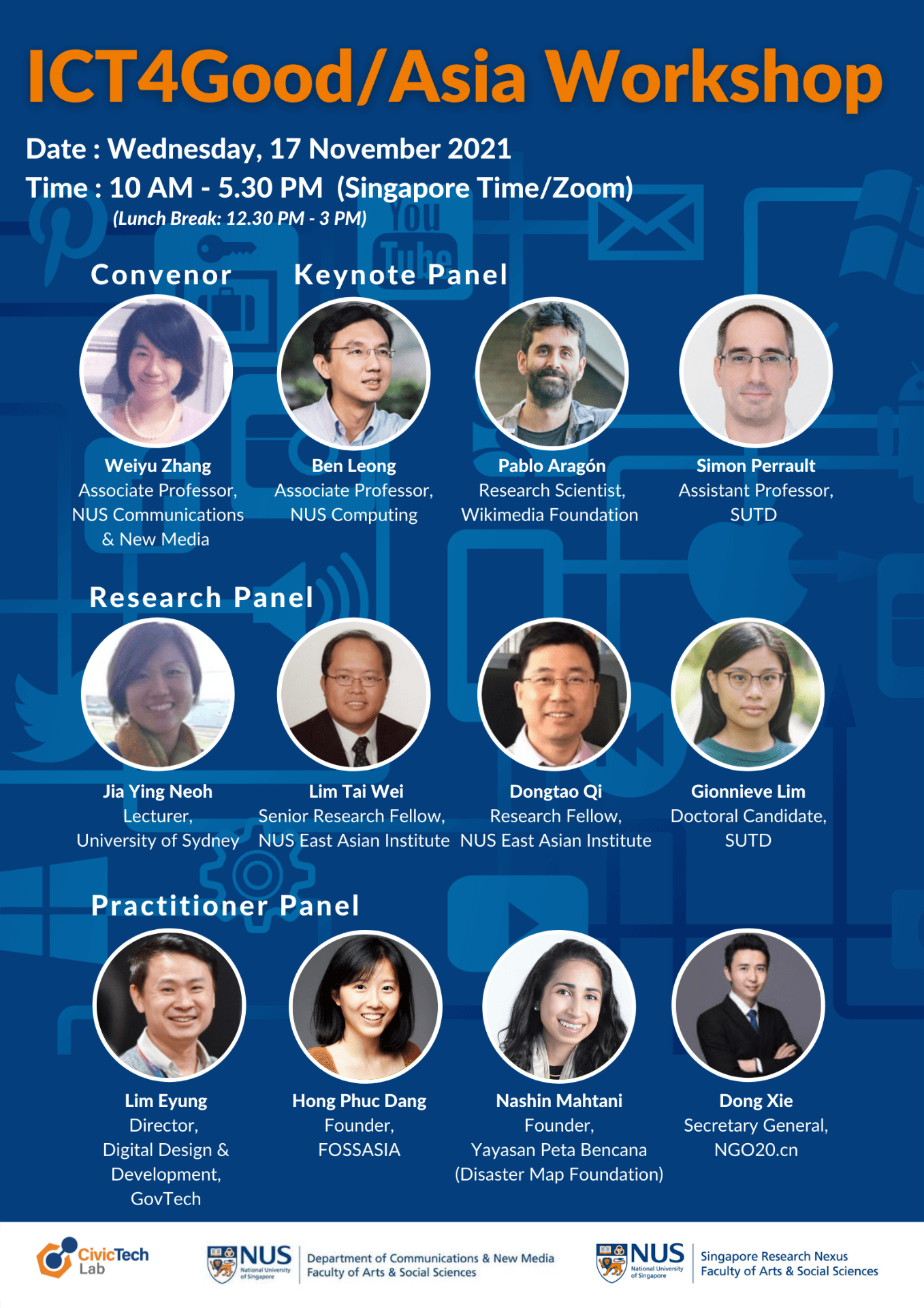
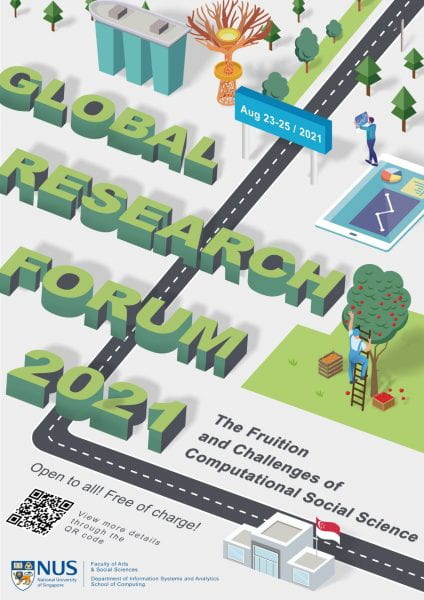


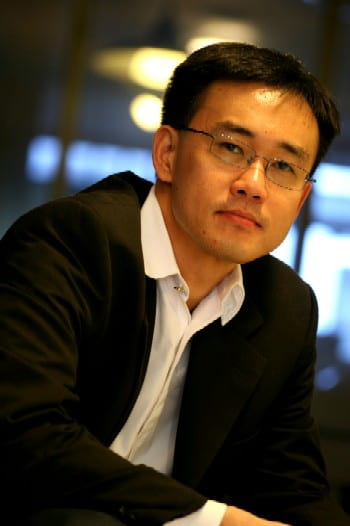
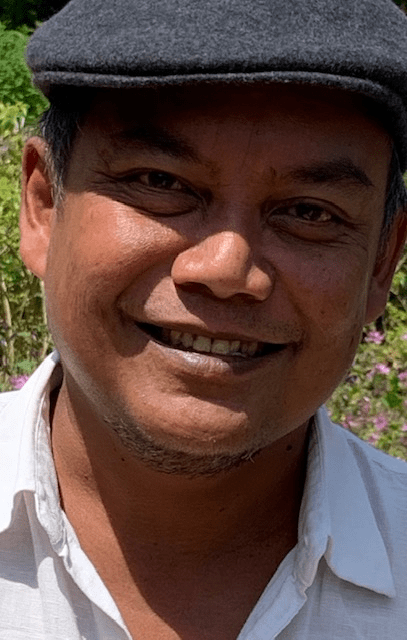

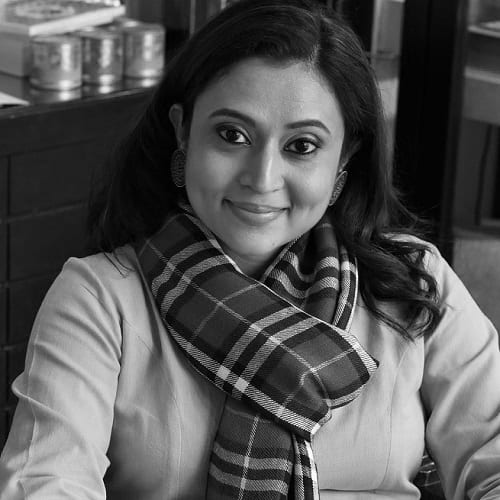
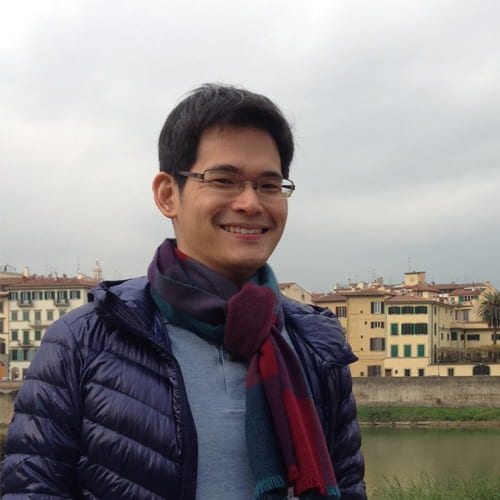
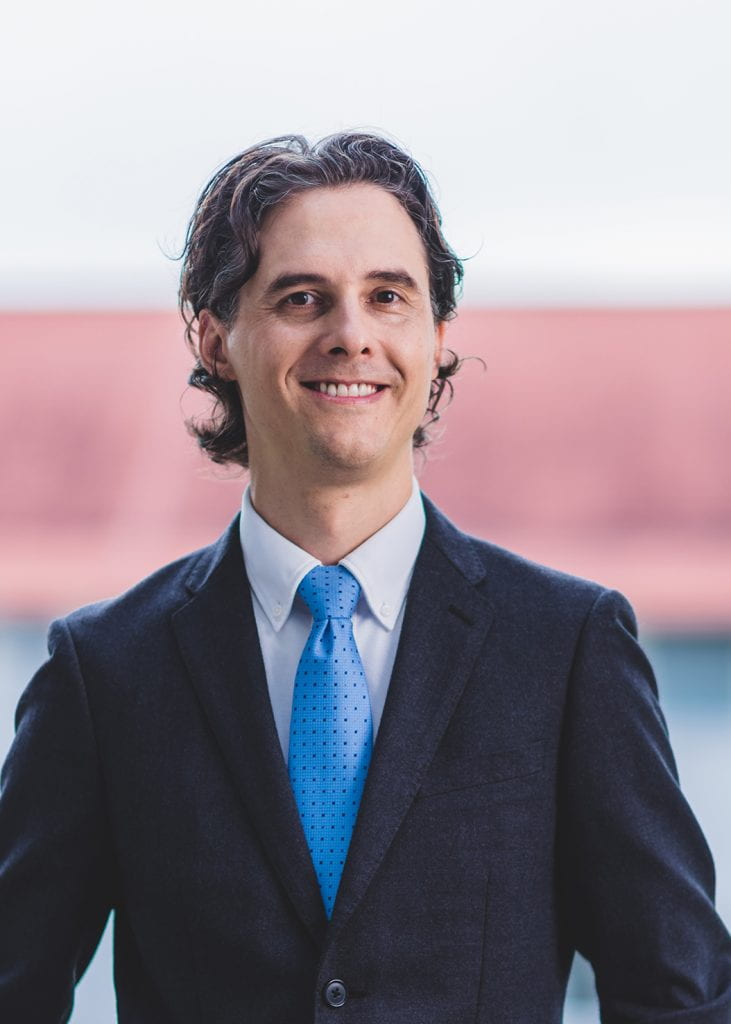
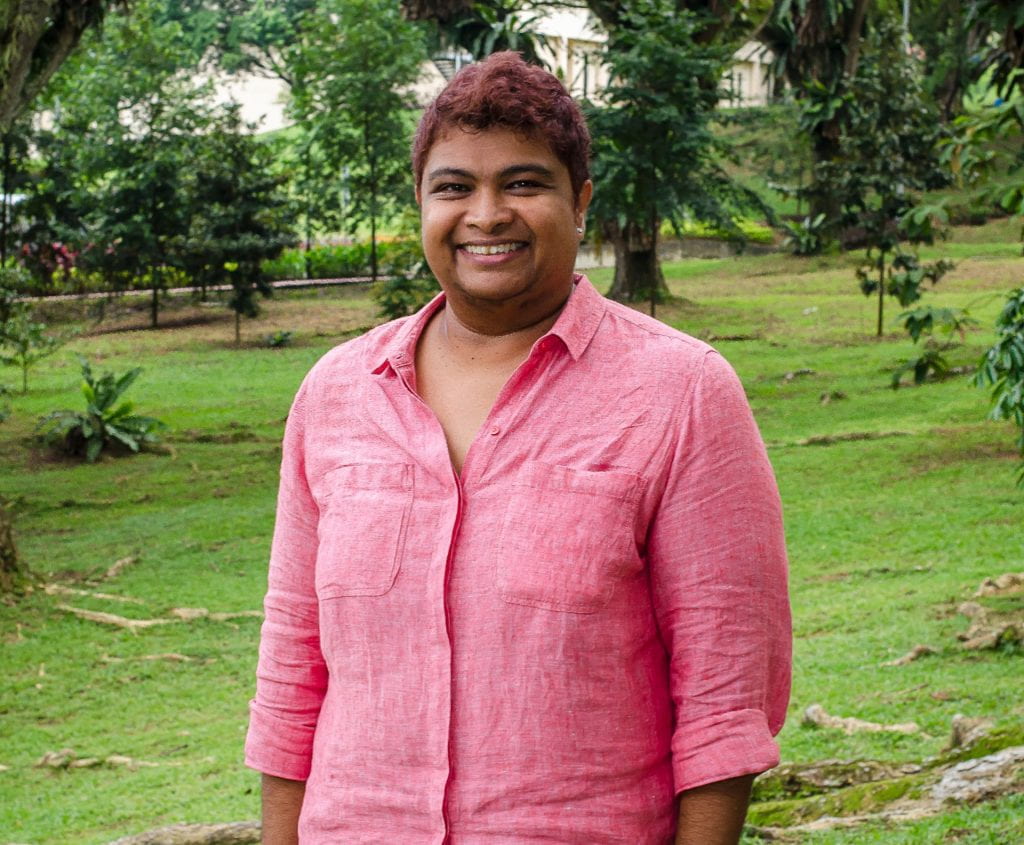

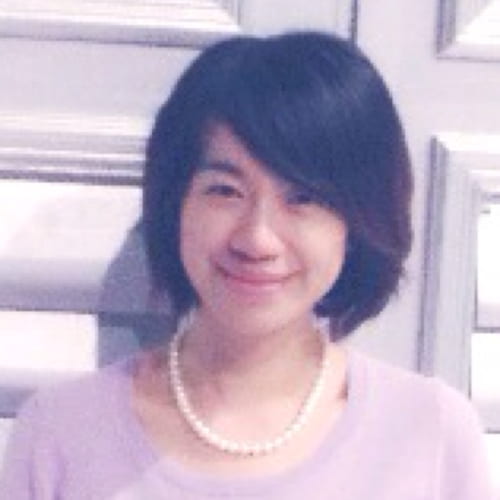
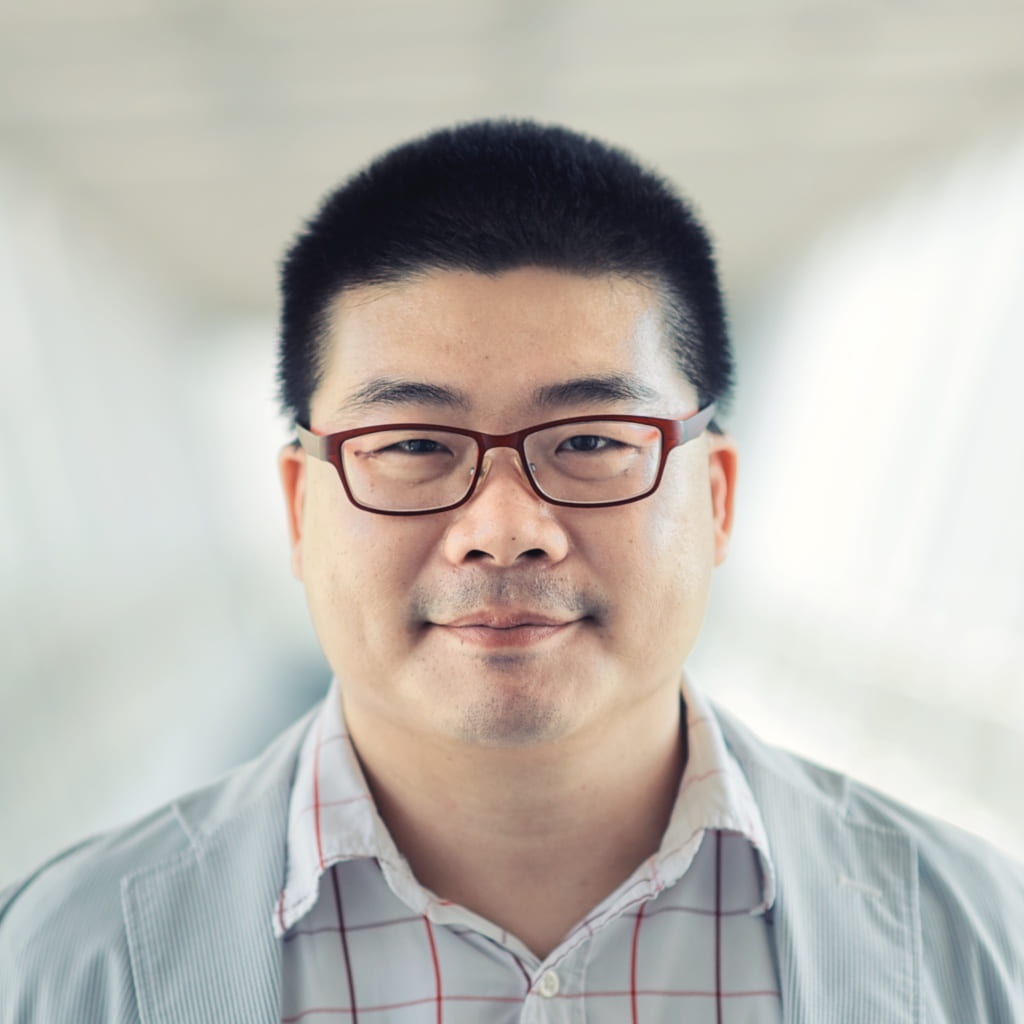


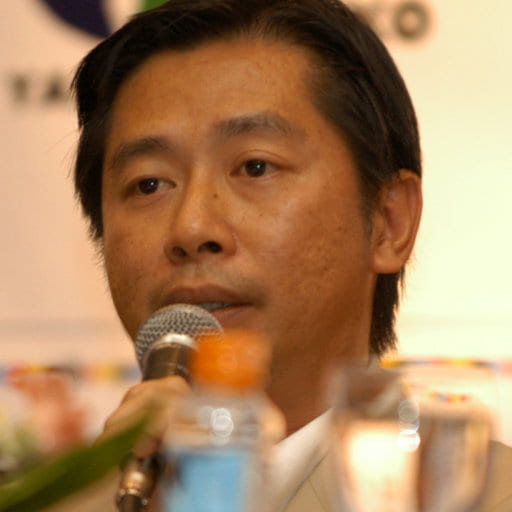


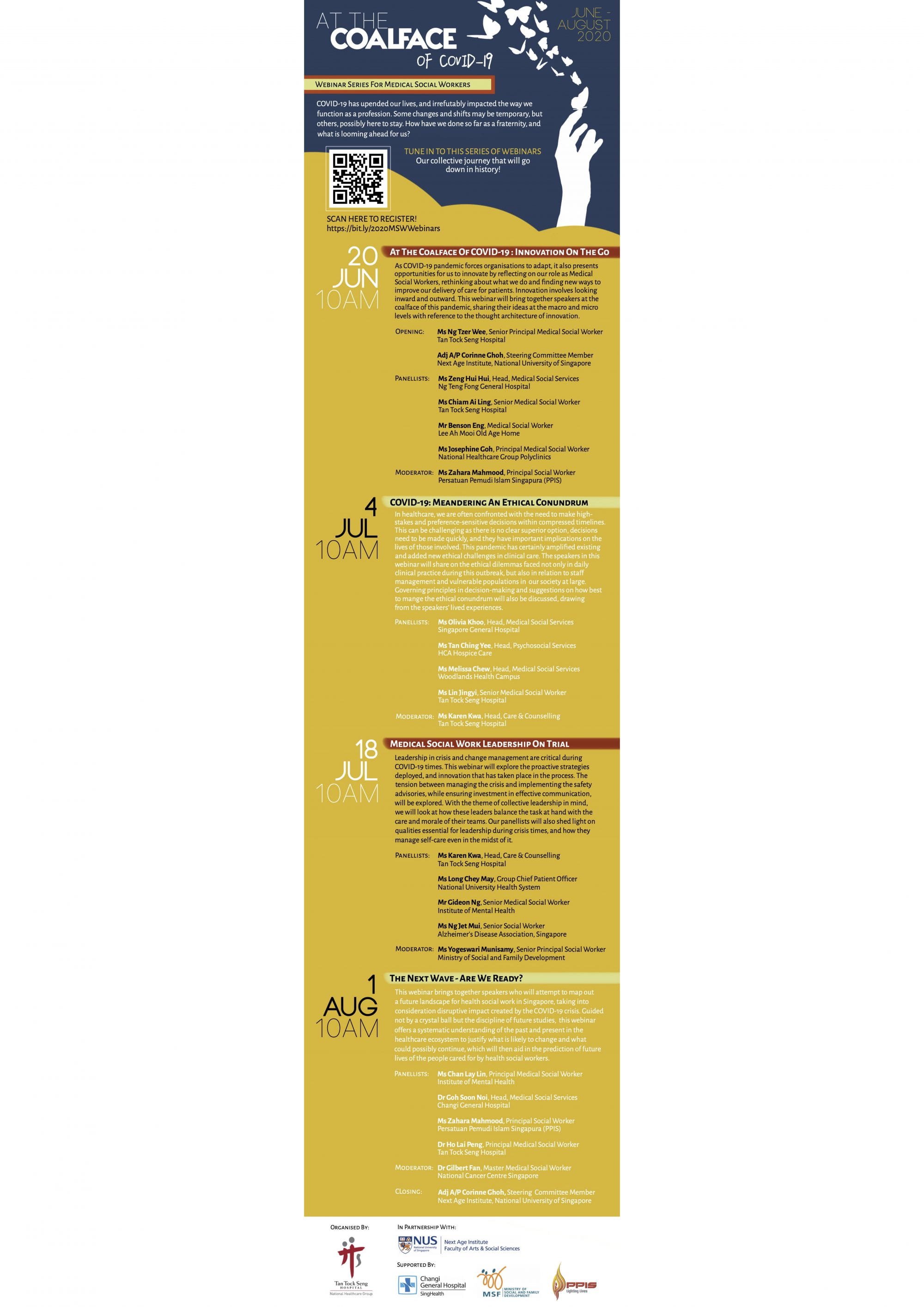
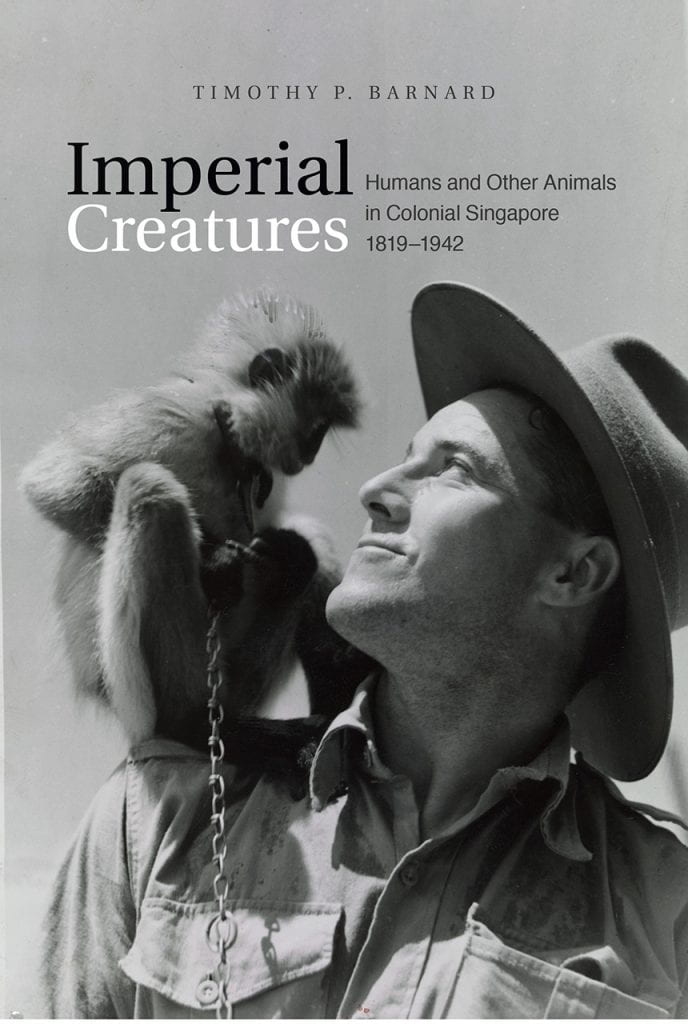


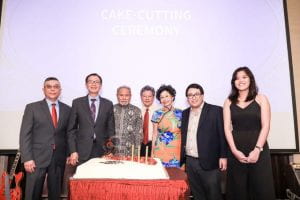



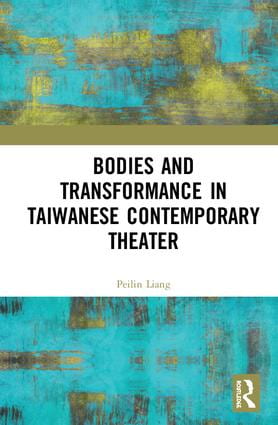 In Bodies and Transformance in Taiwanese Contemporary Theater, Peilin Liang develops a theory of bodily transformation. Proposing the concept of transformance, a conscious and rigorous process of self-cultivation toward a reconceptualized body, Liang shows how theater practitioners of minoritized cultures adopt transformance as a strategy to counteract the embodied practices of ideological and economic hegemony. This book observes key Taiwanese contemporary theater practitioners at work in forging five reconceptualized bodies: the energized, the rhythmic, the ritualized, the joyous, and the (re)productive. By focusing on the development of transformance between the years of 2000–2008, a tumultuous political watershed in Taiwan’s history, the author succeeds in bridging postcolonialism and interculturalism in her conceptual framework. Ideal for scholars of Asian and Postcolonial Theater, Bodies and Transformance in Taiwanese Contemporary Theater shows how transformance, rather than performance, calibrates with far greater precision and acuity the state of the body and the culture that it seeks to create.
In Bodies and Transformance in Taiwanese Contemporary Theater, Peilin Liang develops a theory of bodily transformation. Proposing the concept of transformance, a conscious and rigorous process of self-cultivation toward a reconceptualized body, Liang shows how theater practitioners of minoritized cultures adopt transformance as a strategy to counteract the embodied practices of ideological and economic hegemony. This book observes key Taiwanese contemporary theater practitioners at work in forging five reconceptualized bodies: the energized, the rhythmic, the ritualized, the joyous, and the (re)productive. By focusing on the development of transformance between the years of 2000–2008, a tumultuous political watershed in Taiwan’s history, the author succeeds in bridging postcolonialism and interculturalism in her conceptual framework. Ideal for scholars of Asian and Postcolonial Theater, Bodies and Transformance in Taiwanese Contemporary Theater shows how transformance, rather than performance, calibrates with far greater precision and acuity the state of the body and the culture that it seeks to create.